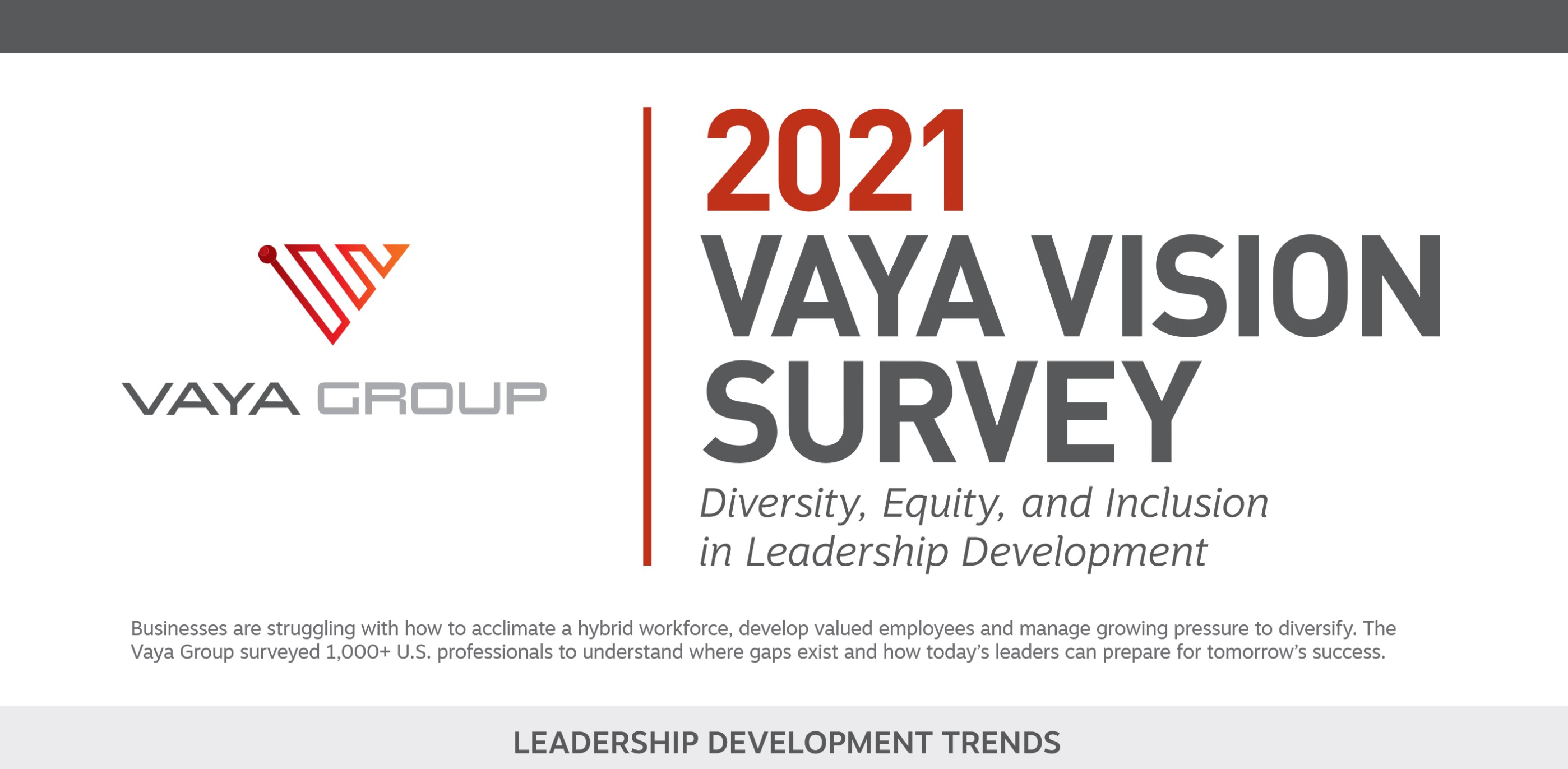By C.C. Cameron, Ph.D., M.B.A.
Senior Managing Consultant, Vaya Group
A few years ago, I was talking with a colleague of mine about the importance of women being able to self-advocate, and she characterized it as acting as one's own agent. It got me thinking about what an agent does for her clients...
- Pitches clients to directors and producers for roles
- Manages media requests and promotions
- Negotiates better pay, contracts, and endorsements
- Builds relationships on behalf of clients
- And many other valuable activities
When you think about it, couldn’t everyone use an agent to support and guide their careers? Ideally, yes – yet it’s not realistic. So, we need to figure out how to drive our own career trajectories and aspirations.
How are you at being your own agent?
What Keeps You from Self-Promotion?
There are plenty of reasons that hold us back from advocating for ourselves. Julia Silva, a diversity programs specialist at Google, astutely identifies one of the most significant ones: “There’s this stereotype that women aren’t supposed to brag about themselves,” she says. [1] “Our role is to be humble, and the hard work will pay off.” Indeed, this may be one of the many repeating messages we heard throughout our young lives that can limit our ability to reach our fullest potential.
Data compiled in a 2017 report by the Center for Creative Leadership incorporated insights from more than 300 women leaders regarding their primary reasons for not self-promoting.[2] These included:
- Accomplishments should speak for themselves (66%)
- I don’t want to brag (42%)
- Team players don’t take credit (37%)
- Productivity trumps promoting (26%)
- Who has the time? (21%)
- My boss is too busy to hear me talk about myself (13%)
If any of these reasons sound familiar to you, you’re not alone. Researchers Amanatullah and Morris maintain that women feel less powerful negotiating for themselves than they do for others. In fact, women are more assertive when they advocate for others – when they do, they’re seen in a positive light, and they gain better outcomes in those situations than when they advocate for themselves.[3]
Since it’s ineffective and career-limiting to only advocate for others along our career trajectories, how can we learn to better advocate for ourselves? One of the first priorities is to build our self-confidence. Activist and educator Brittany Packnett’s TedTalk offers three ways to “crack the confidence code.” You can find it here.
In addition, check out the “I Am Remarkable” YouTube video to gain inspiration from the women who have participated in this Google Inc. initiative, which seeks to empower women and other underrepresented groups to celebrate their achievements in the workplace and beyond.
Authenticity in Advocating for You
If you find that talking about yourself is challenging or get squeamish imagining the need to speak positively about one of your accomplishments, acting as an agent for yourself may seem a daunting task. Developing a new skill or competency takes focus and practice – and learning how to self-promote is no different. Read Amanda Miller’s savvy TedIdeas article to discover six tangible, practical steps for making self-advocacy comfortable, authentic, and a regular habit.
Social psychologist and Columbia University business professor, Adam Galinsky, has asked people all over the world when and how they speak up for themselves. His TedTalk offers compelling tools by which to expand the range of our perceived power in any circumstance and speak up. He notes that one of the ways we can advocate for ourselves is to tap into our passion by answering the why of what we do.
See firsthand a riveting and inspirational example of this concept, as demonstrated in the “Know Your Why” YouTube video by Michael Jr.
Seeing Our Own Power
Only when we see ourselves as powerful through our own eyes can we be seen as powerful in the eyes of others. Paradoxically, women are stronger and more confident when advocating for others. Our opportunity is to see the strength we bring to that advocacy and allow ourselves to leverage that powerful voice on our own behalf. We can best reveal our confidence and powerfully express ourselves when we tap into our passions and purpose.
~~~~~~~~~~~~~~~~~~~~~~~~~~~~~~~~~~~~~~~~~~~~~~~~~~~~~
References
- Amanatullah, E. T., & Morris, M. W. (2010). Negotiating gender roles: Gender differences in assertive negotiating are mediated by women’s fear of backlash and attenuated when negotiating on behalf of others.Journal of Personality and Social Psychology, 98(2), 256-267. doi:http://dx.doi.org.ezaccess.libraries.psu.edu/10.1037/a0017094
- Martineau, J., Clerkin, C., & Zhao, S. (2017). Ready to R.I.S.E.Center for Creative Leadership. http://cclinnovation.org/wp-content/uploads/2016/04/ready-to-rise-research-report.pdf
- Miller, A. (2020, March 12). How to blow your own horn, without embarrassment or apology. TED.COM: Explore ideas worth spreading.https://ideas.ted.com/how-to-blow-your-own-horn-without-embarassment-or-apology/
[1] Miller, 2020.
[2] Martineau, 2017.
[3] Amanatullah and Morris, 2010.


.png)



